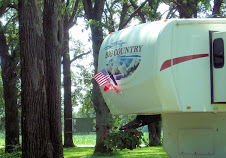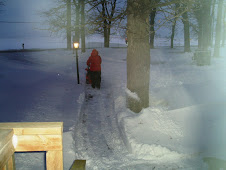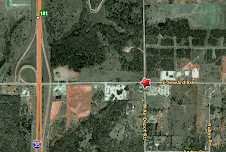The
history of the Gibson family basket makers is an Americana story. The
split white oak basket is distinctive to the Ozarks
and, for 4 generations, the
family has continued the tradition using handmade tools and natural
materials. Gibson baskets have a heavy hand-carved handle,
herringbone weave on the flat rectangular basket bottom, and they are
constructed without nails. They were first sold locally to farmers as
containers for feed, eggs, and garden produce.
Christopher
Columbus “Lum” Gibson (1865–1947) began making baskets in the
1880s. Family history says that his teacher was a blind man. He sold
door to door and at the markets in area towns.
His
son, George Harrison Gibson (1890–1979), continued the tradition
working in a woodshed in his back yard in Spring Valley, north of
Fayetteville. George was known as the “premier split oak basket
maker of the Ozarks.”
Don
Richard Gibson (b.1938) was next in line; while George Gibson taught
basket making around the state, the family kept up with production at
home. The men would do the work of felling trees, splitting logs, and
making splints while others in the family took on the task of basket
weaving.
Don
brothers, Harvey (1925–1994) and Earl (b.1932), as well as his
sisters, Juanita (1923–1999) and Thelma (1933–1993), were all
active in the family business while growing up.
Don
passed the tradition to the 4th
generation, his son, Terry (b.1960). By high school, Terry was
active in the process and, over his career, would make 30 different
types and sizes of baskets.
The
family has baskets on display at the Smithsonian in Washington DC and
in Canada. The University
of Arkansas Museum collections
in Fayetteville acquired the Gibson basket collection in 1979.
Gibson Baskets http://gibsonbaskets.com/















No comments:
Post a Comment